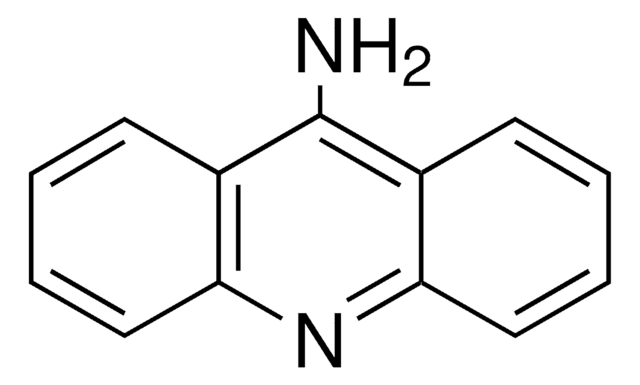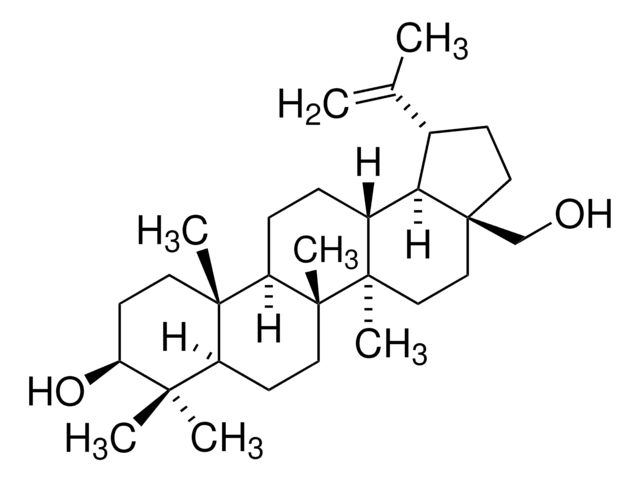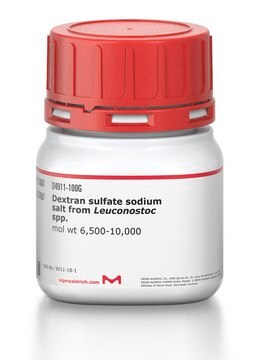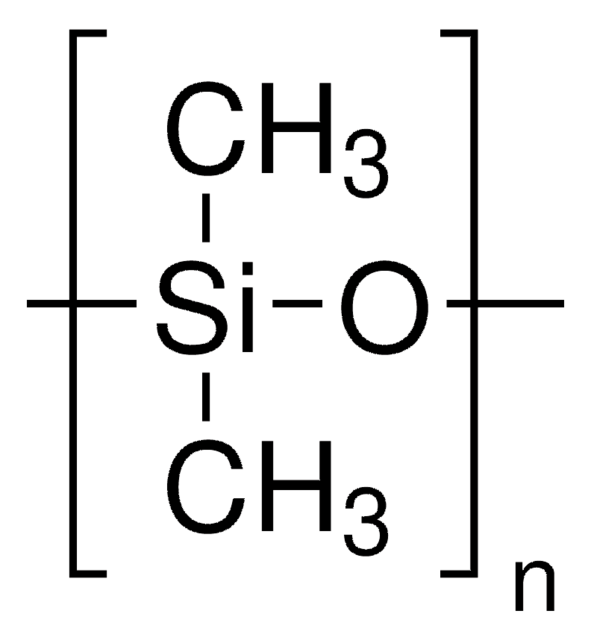D161802
N,N′-Dimethylhydrazine dihydrochloride
98%
Synonym(s):
1,2-Dimethylhydrazine dihydrochloride, N,N′-Dimethylhydrazine (sym.) dihydrochloride
About This Item
Recommended Products
Assay
98%
form
crystals
mp
167-169 °C (dec.) (lit.)
SMILES string
Cl[H].Cl[H].CNNC
InChI
1S/C2H8N2.2ClH/c1-3-4-2;;/h3-4H,1-2H3;2*1H
InChI key
WLDRFJDGKMTPPV-UHFFFAOYSA-N
Looking for similar products? Visit Product Comparison Guide
Biochem/physiol Actions
Signal Word
Danger
Hazard Statements
Precautionary Statements
Hazard Classifications
Acute Tox. 3 Dermal - Acute Tox. 3 Inhalation - Acute Tox. 3 Oral - Aquatic Chronic 2 - Carc. 1B
Storage Class Code
6.1C - Combustible acute toxic Cat.3 / toxic compounds or compounds which causing chronic effects
WGK
WGK 3
Personal Protective Equipment
Choose from one of the most recent versions:
Already Own This Product?
Find documentation for the products that you have recently purchased in the Document Library.
Customers Also Viewed
Articles
Carcinogenesis and Epigenetics
Our team of scientists has experience in all areas of research including Life Science, Material Science, Chemical Synthesis, Chromatography, Analytical and many others.
Contact Technical Service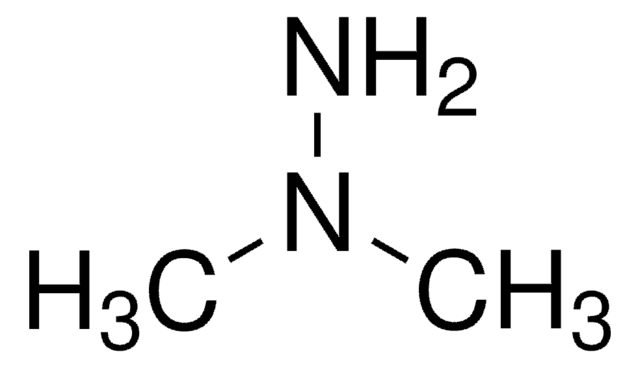
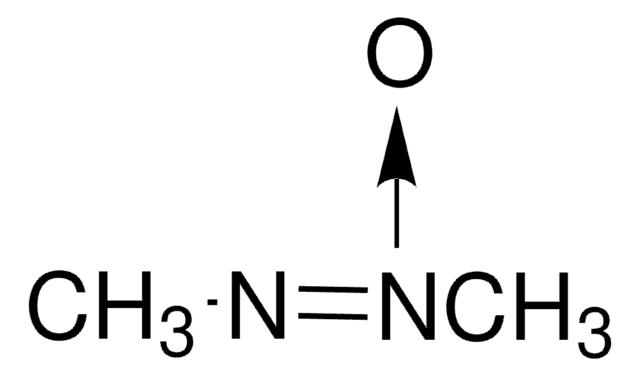
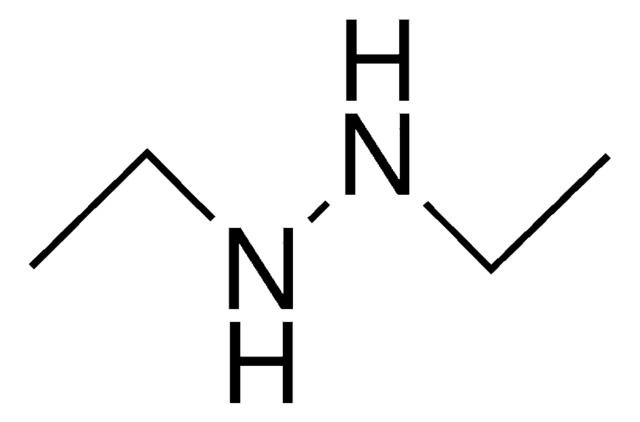
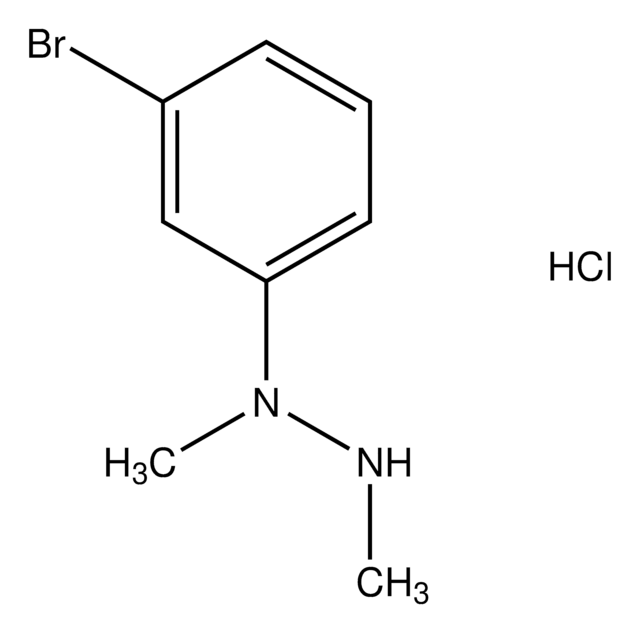
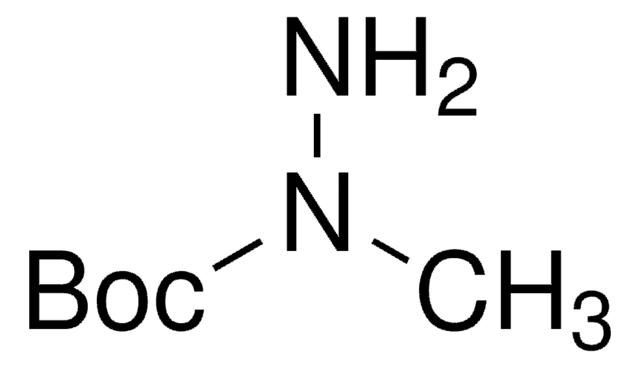

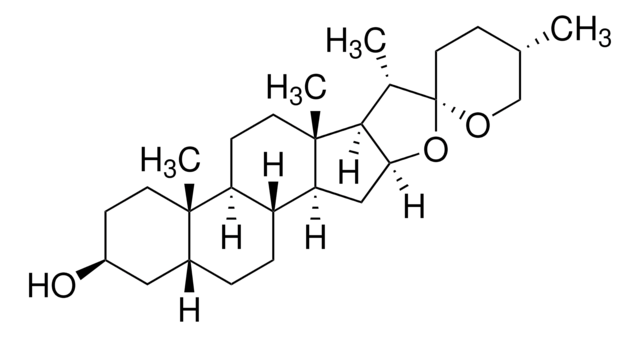
![Benzo[a]pyrene ≥96% (HPLC)](/deepweb/assets/sigmaaldrich/product/structures/253/820/be96d879-1811-46c0-8f11-612019691c2d/640/be96d879-1811-46c0-8f11-612019691c2d.png)
